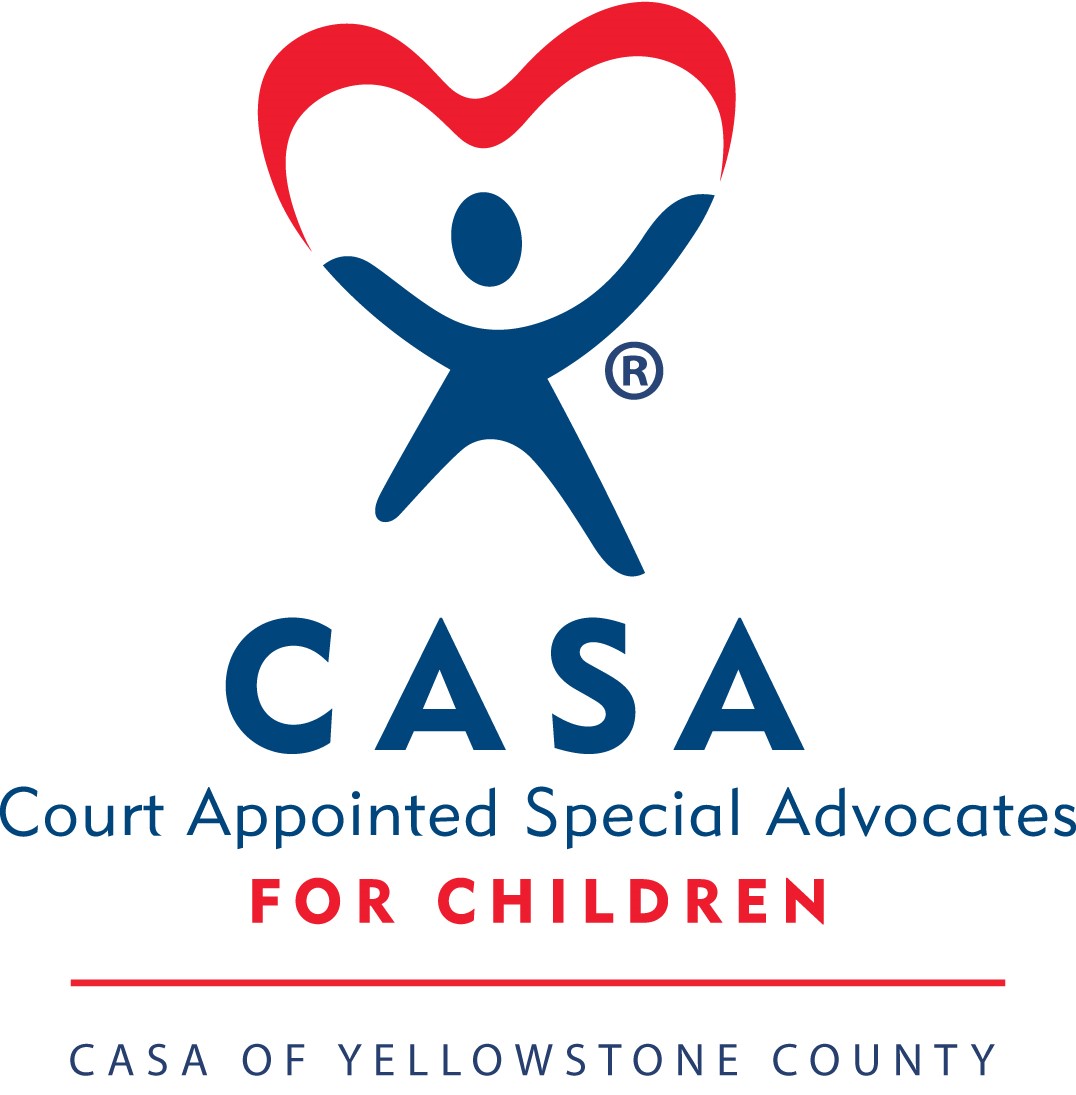The blog team here at CASA of Yellowstone County is excited to introduce a series of “how to” blogs. In addition to the insightful blogs you’ve come to expect, we will be sprinkling in entries specific to some of the more challenging aspects of our work.
To kick off the series, we’ll be discussing how to advocate for teens. According to the Congressional Coalition on Adoption Institute (CCAI), thousands of kids age out of the foster care system (turn 18 while under the care of the State) every year. In 2018, the latest year for which the Institute’s statistics are available, 17,844 kids aged out of care nationally. The CCAI estimates that only 6% of young people who age out of the foster care system achieve a 2- or 4-year degree. Young adults who age out of foster care fare more poorly than the general population in such other areas as employment, housing stability, and criminal justice system involvement. In large part, this is due to the disrupted connections the youth have experienced while in foster care. Let’s dive into some ways you can help advocate for older youth.

Dids
Remember the power of connection. Studies have shown that having just one consistent, non-family figure in a child’s life can help build their resiliency. Just by advocating for the youth, you’re helping! But don’t lose sight of the services available in our greater community! The federally-funded Chafee Foster Care Independence Program provides life skills training, social events, and specific financial assistance to youth in foster care, as well as to young adults up to age 21 who have aged out of foster care. Significantly, Chafee can assist with driver’s ed enrollment, driver’s license applications, and other transportation issues that can be particularly thorny for youth and young adults.
Don’t forget the resources you have as an Advocate! You can connect with the social worker to make sure the youth has all the documents and contact information they need as they step into adulthood. Federal law requires that youth have such documents as birth certificates, social security cards and school records when they age out, yet not all young adults have those papers in hand when they turn 18. Without them, kids face extreme challenges in obtaining employment, housing, and education.
You can also support their connection with their own life path and future. In Yellowstone County, youth rarely attend court hearings in their own case. However, especially for teens after termination or relinquishment of parental rights, you can advocate for the young person to attend their hearings, either in person or by phone. Knowing they have a say and a voice in the courtroom can help build the youth’s sense of agency and self-determination.

Michael Zittel
Support a positive web of community. Youth in foster care, like other teens, are social creatures with a need to fit in. Consider how you can support their supportive peer group. Is the young person interested in extracurricular activities? Attending choir concerts, sporting events or other showcases of the youth’s talents or interests can lend a quiet but powerful vote of confidence in the other participants as kids your CASA child could benefit from being around. The youth may maintain contact with their peers after the athletic season has ended or the extracurricular events are over, and these friends can be a positive influence in the your teen’s life for years to come.
Your support can also reinforce all the time and hard work the youth is pouring into the activity. If the child’s placement is unable to attend the event, you may be their only cheering section!
If the youth is not involved in any extracurricular activities, you can help them explore their interests and identify clubs or groups with which they can get involved. Are there any volunteer opportunities available in our area that would fuel the child’s passion without taking time and energy away from educational pursuits? Even something as simple as engaging in a hobby can build a sense of self-worth and provide a healthy escape from life’s stresses.

mentatdgt
Look ahead. While there are available supports for the youth in the form of Chafee, school counselors, etc., sometimes teens are reluctant to take advantage of the services available to them. That’s where you come in. Whether you’ve been the CASA for months or years, you are that child’s only CASA. You are the one who shows up, month in and month out, when you say you will. So dig in on those specific skills that you can help shore up, which the youth will need to get along as an adult! Think about when you were finishing high school. What specific skills did you learn as you prepared for what came next? Laundry? Job interviews? Heck, even filling out job applications?
Now, take a look at the youth’s skill set. What specific skills can you help build? Can you help this teen build skills in…
- Building a vision for how their adult life looks (high school diploma/HiSET, college, trade school, Job Corps, military service, employment)?
- Identifying references for job or higher education applications?
- Composing cover letters/resumes/job or higher education applications?
- Proper job or higher education interview attire?
- Job or higher education interviews? (Never underestimate the value of a mock interview at the kitchen table!)
- Building and maintaining a basic budget?
- Knowing whom they can call in the event of a physical or mental health emergency?
- Continuing medical, dental, and mental health services into adulthood?
- Laundry?
- Basic housekeeping?
- Preparing healthy food? (Having one or two simple, go-to meals in the repertoire goes a long way towards eating healthy and staying in the budget!)

Daria Shevtsova
Stick it out. Let’s face it—there may be days when you are a lot more interested in supporting the youth than they are in receiving your support. That’s all the more reason for you to stick with advocating for them! Remember that when a child’s life has involved a lot of disruption, they may have determined that there will be continued disruption and decided that it will be on their terms, pushing away people who express interest in supporting them because eventually, the child will be let down. It’s up to you to keep showing up, keep showing interest, keep showing with your actions that you are there for the youth and will continue to be for the life of their case. While the youth may not be interested in accepting help in building any of those life skills, they’ll be able to look back on your relationship and recall that their well-being mattered to an adult who had absolutely nothing in it for themselves. A touchstone like that can last a lifetime.
To find out more about how you can advocate for youth in our area as a Court Appointed Special Advocate, please contact contact our office at 406-259-1233 or email ben@yellowstonecasa.org.
Ashley Milsop is a Program Coordinator for CASA of Yellowstone County.





